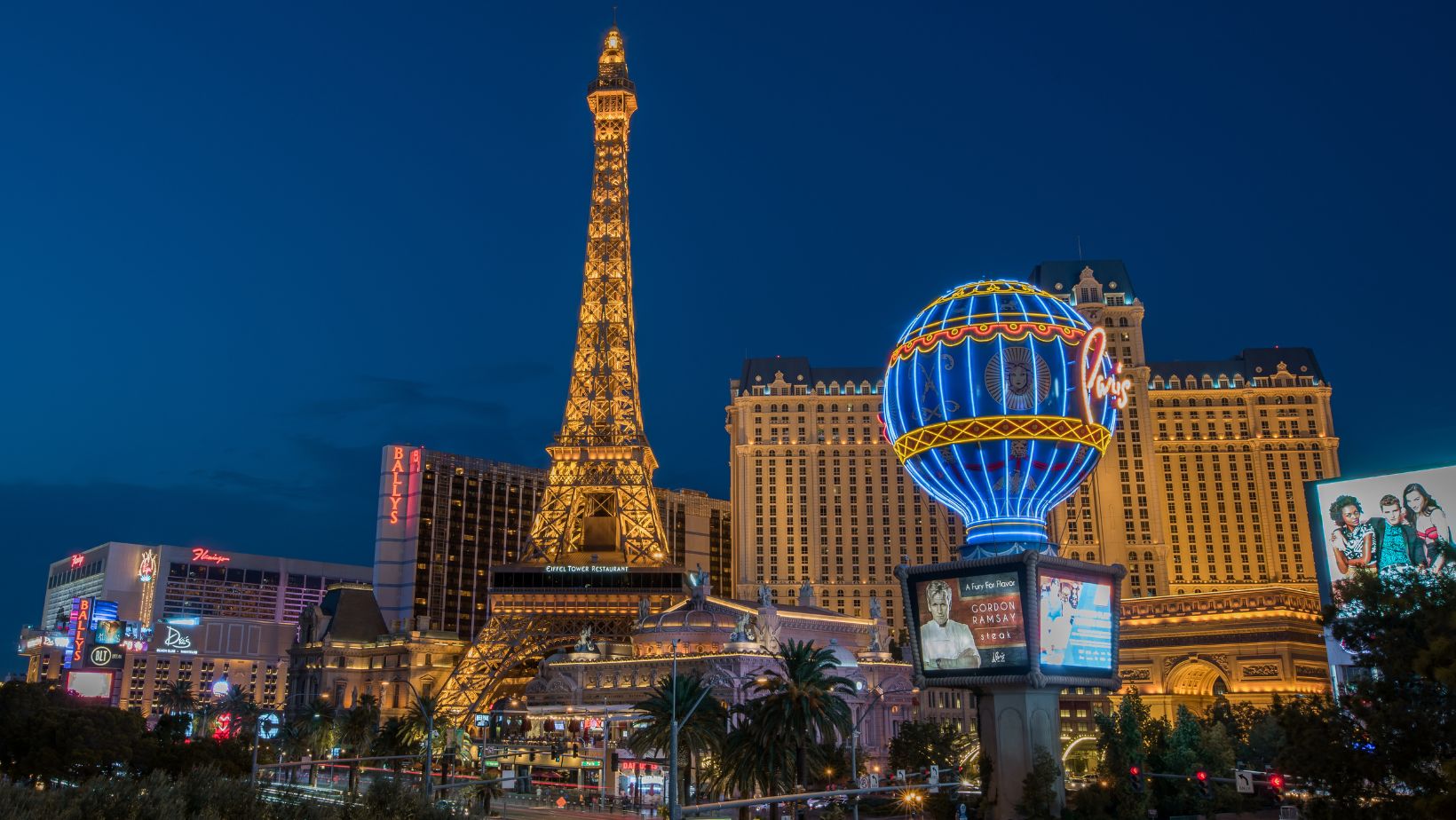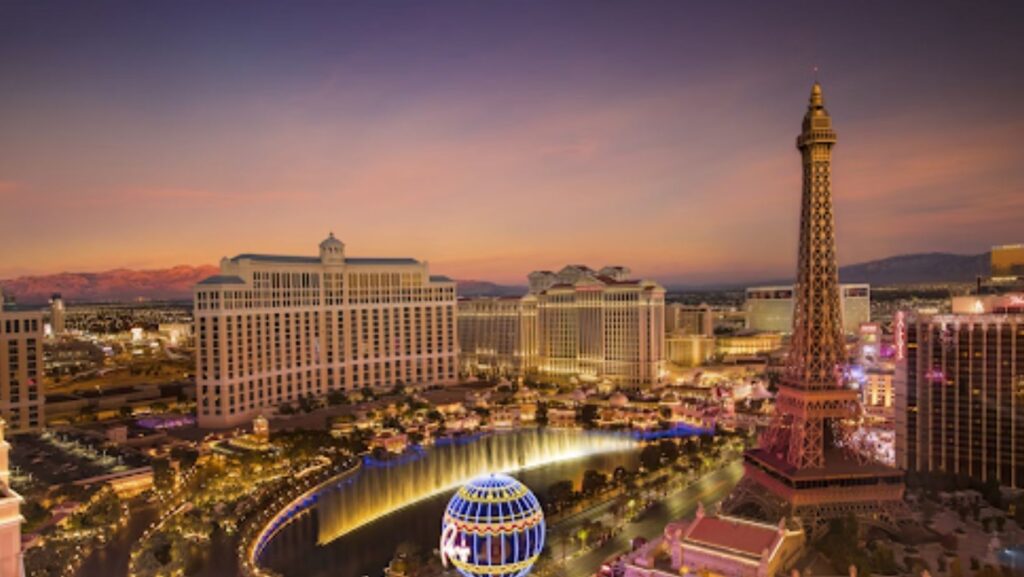Say the words “casino capital”, and almost everyone instantly thinks of Las Vegas. The city has become a symbol of gambling itself. How did a dusty stretch of Nevada desert turn into the globe’s ultimate casino hotspot? The rise of this city is a remarkable story.
Online sites like BoomerangCasino bring the games to your living room. However, traveling to Vegas is more than just about games. It’s living history, an unmatched spectacle, and a reputation polished over generations. Let’s dive into how Sin City earned its crown as the casino capital of the world.
The Desert Beginnings
Vegas didn’t always sparkle with neon. For much of its early history, it was just a dusty stopover in the Mojave Desert. Things began to change in the early 1900s when the city started developing as a railroad town.
Then came 1931. It was a year that changed everything. Nevada legalized gambling. At the same time, construction began on the Hoover Dam. It brought thousands of workers to the area. They needed entertainment, and casinos (along with other vices) quickly filled the demand.
The Mob’s Influence
Early Las Vegas comes hand in hand with organized crime. In the 1940s and 1950s, mobsters from the East saw a huge opportunity in the desert. They invested in flashy casinos and hotels.
The Flamingo Hotel set the tone. Notorious gangster Bugsy Siegel opened it. And from day one, it was clear that it was about much more than just card games. It was a luxury destination with glamour, performers, and high-end service. Then, other casinos followed. And the Strip began to take shape.
The mob didn’t exactly run things with clean hands. However, their funding turned the city into a booming casino mecca. In time, especially through the 1960s and 70s, corporations moved in and took the reins. It pushed the mob aside.
The Rise Of The Strip
Vegas first came alive downtown. There, the early casinos clustered together. But it was the Strip that truly shaped the city’s identity. Developers discovered that dazzling, oversized resorts could pull in crowds from across the globe. And not just gamblers.
With the arrival of resorts (the Sahara, the Sands, and later the Mirage), the city set entirely new standards of grandeur. Gambling was no longer the sole attraction. People came for the headliner acts, the themed escapes, and the legendary buffets. The Strip transformed into a dreamlike getaway for anyone wanting to leave the everyday behind.
When The Law Played In Vegas’s Favor
Part of Las Vegas’s rise was pure luck. Timing and geography worked in its favor. In the 1930s, the state legalized gambling while nearly every other part of the country kept it outlawed. Suddenly, Vegas became the one place where people could wager freely. That’s why crowds flocked to the desert.

Vegas had the market to itself for decades. That head start was huge. By the time other states started opening their doors to gambling, Vegas already had everything it needed. We’re talking about the reputation and the infrastructure.
Entertainment Beyond Gambling
Vegas’s genius wasn’t just in building casinos. It was in adding a show. By the 1950s and 60s, icons like Sinatra, Elvis, and the Rat Pack made the city their playground. Fast forward, and residencies from Celine Dion, Britney Spears, and superstar DJs have kept the tradition alive.
This strategy worked wonders. The shows, the restaurants, the nightlife – these were the magnets that pulled people in. And once they arrived, the casino tables were never far away.
Reinvention In The Modern Era
By the ’80s and ’90s, Vegas had rivals popping up in places like Atlantic City and later Macau. But instead of freaking out, the city did what it does best. It reinvented itself. Developers went all in on jaw-dropping resorts (like Luxor and the Venetian).
In the ’90s, Vegas even tried to sell itself as a family-friendly destination. But in the end, the city went back to its wild side with the iconic line: “What happens in Vegas, stays in Vegas.”
Why Vegas Still Reigns
Even though online casinos and global destinations now compete for gamblers’ attention, Las Vegas remains the casino capital. Why?
- Heritage and reputation. Decades of history make it the most famous gambling city in the world;
- Entertainment variety. Casinos are only a small part of what the city can offer;
- Constant reinvention. The city is never the same twice. It evolves with every generation;
- Tourist-friendly to the core. Las Vegas excels in tourist infrastructure.
Final Thoughts
Casinos may exist everywhere. However, only Las Vegas shines as the true capital of chance and spectacle. It thrived thanks to bold risks and smart timing. Even though casinos have popped up worldwide and online play is everywhere, the Strip still offers an energy you can’t duplicate. That’s why Las Vegas will always be the ultimate playground for dreamers, gamblers, and thrill-seekers alike.
